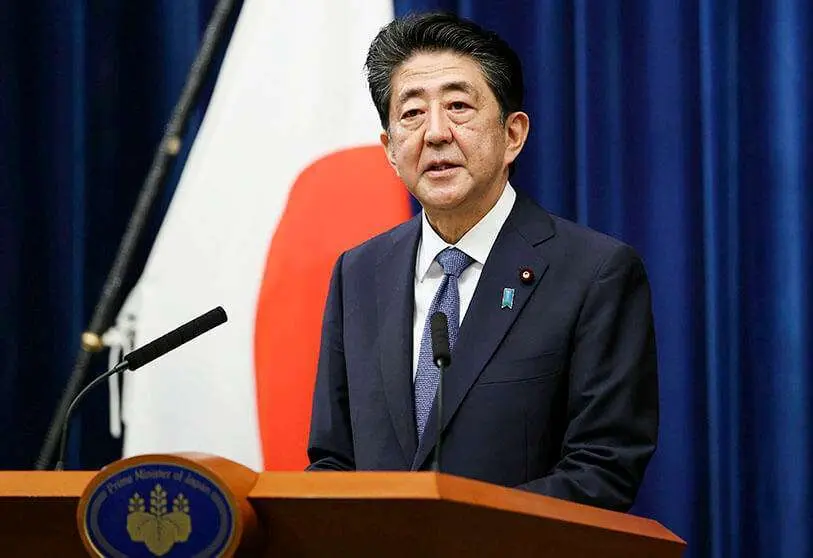Traces of Japan

"National Treasure is a title of enormous prestige in Japan, not only reserved for places and monuments. It can be awarded to living figures, Nô or Kabuki actors, masters of the tea ceremony, craftsmen or workers with a privileged memory or a particular talent in their hands or eyes".
Officially, there are less than a hundred of them in the whole archipelago. According to the classification in force, they are "holders of important intangible cultural assets". Sabre maker, draughtsman, bell caster, cormorant fisherman or even kite maker, in these cases they are referred to as "living National Treasure", a name that says a lot about the respect that this country has for people and their deeds, both for the immaterial transmission of the spirit and the wisdom of the body". This summer I was reading 'Tokyo, the Dawn Strokes' by Michaël Ferrier when Shinzo Abe resigned from his post for health reasons.
Belonging to a family of politicians and diplomats and head of the Liberal Democratic Party, he first took on the responsibility of becoming Prime Minister of Japan in 2006, one year after Professor Ferrier was awarded the Asia Literary Prize. Abe had been just one of 16 prestigious and powerless prime ministers during the indigestible political and economic recession of 1989-2012. It was then that he regained power for a period of eight uninterrupted years, revealing his intention to international society that he was going to meet a Japan capable of assuming a much more relevant role in international relations, and to the Japanese his desire that they "have the capacity to look at the sun as flowers do during the summer". Complex Asian politics, opposition and health will make it difficult for Abe to be valued as a treasure.
Internal criticisms of his handling of the coronavirus crisis, debt, some persistent social anachronisms and the ties to history that constitutionally prevent Japan from developing its own reliable strategic doctrine among its neighbours place his legacy at the beginning of a path that his likely successor, the Cabinet secretary general, Yoshihide Suga, will have to complete.
But Shinzo Abe is leaving power in Tokyo, having strengthened Japanese democracy in Asia and in the international environment. He has turned Japan into one of the key players in ensuring that the values of open and secure trade, political freedoms and the culture of diplomatic understanding are adapted to an understanding of the challenges in the region and progress in consolidating an international order.
ogether with the Obama Administration, Abe designed and built the Trans-Pacific Partnership (TPP) which he has since adapted to the vision of the new Republican Administration with a bilateral agreement with the United States. He has signed another Economic Partnership Agreement with the European Union, where he has also presented his Quality Strategic Infrastructure project with political balance as an alternative, never hostile, to the New Chinese Silk Road. It maintained a cordial relationship with Xi Jinping and a friendly one with Donald Trump. And it has energetically defended the Free and Open Indo - Pacific strategy by promoting the updating of the principles of freedom of navigation and open markets in Asia, together with powers such as India or Australia.
The Japanese prime minister is now transferring power from Tokyo, which is more multilateral and less bureaucratic, to his successors. He is retiring, having turned the gaze of the Asian democrats towards a sun that the future does not manage to reflect. And leaving Japan as an example of a democratic power willing to address changes in the world order, without the populist fanfares and authoritarianism having weakened the feat the Japanese undertook after the Second World War: becoming a model of a free society with an unbeatable ability to attract its neighbours and allies. It is leaving without having been able to celebrate the Olympic Games with fireworks as the culmination of its liberal mandate and without a firework. Like a first kanji of "encounter, exchange, intersection, quite simple in appearance, fragile, well executed".

